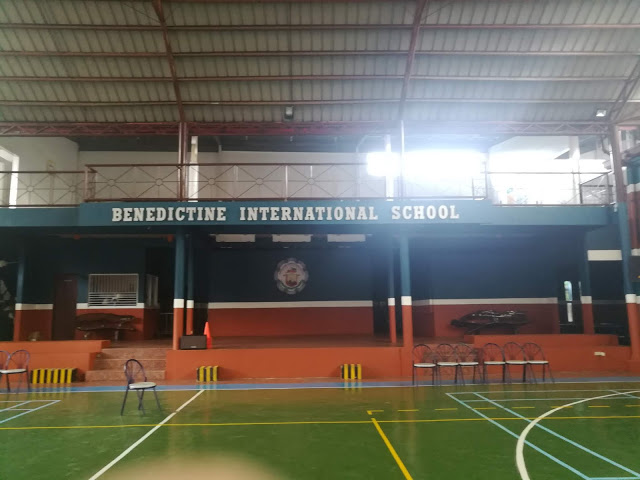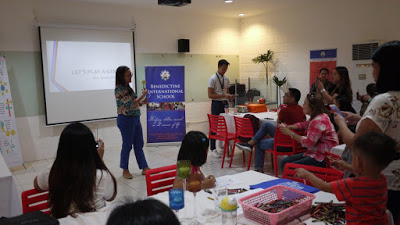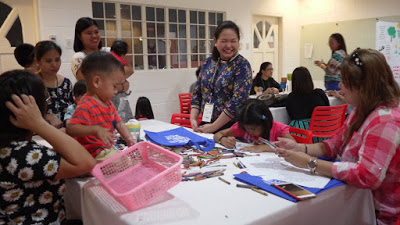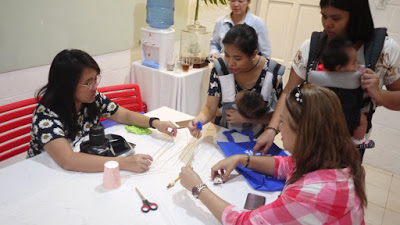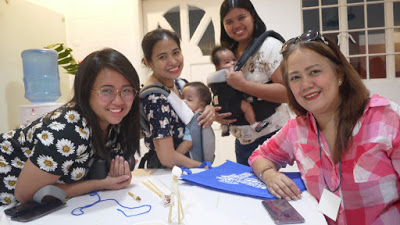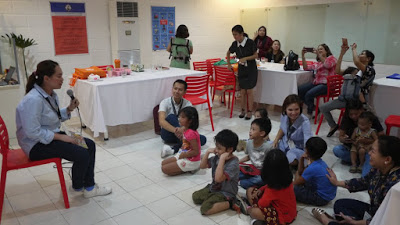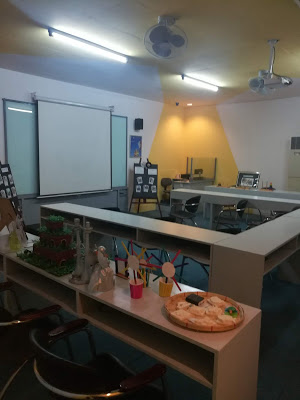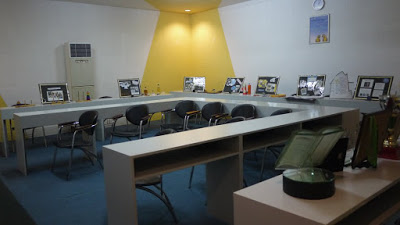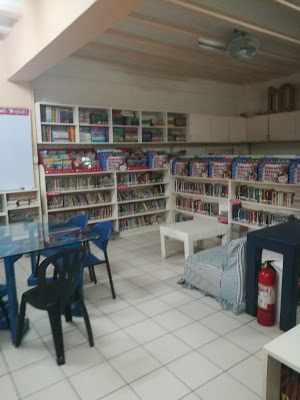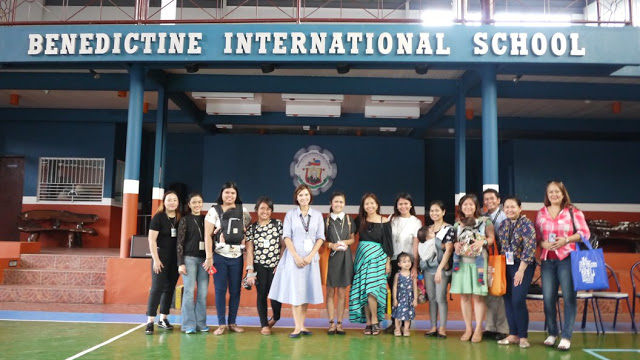Do you believe that the best inheritance a Parent can give to our children is EDUCATION? And as a parent, choosing the best school for them is our responsibility. There are many factors to consider and that includes the school’s way of teaching. Is it traditional or progressive?
For mothers, like me, choosing the best options for their kids is sometimes based on feedback. But if they get a first-hand experience before they make a decision, that’s even better! Rylee is now in Kindergarten and we chose a traditional school because we know she can easily adapt to the school’s learning techniques.
Aside from traditional and progressive school, there is one Systems Thinking School in the country and that is Benedictine International School located in Quezon City.
About Benedictine International School
Founded in June 2000, BIS was established on the philosophy that relevant education is a product of adaptation to the demands of the time and the corresponding new approaches that can be applied in the delivery of such education.
The school was granted recognition to operate for Kindergarten, Grade School, Junior High School and Senior High school departments by the Department of Education.
As a learning institution, BIS commits to developing 21stcentury learners equipped with the 5 C’s:
- COMMITMENT – Dedication to the choices one makes, desired future, and life-long learning
- COMPETENCE – Understanding of the nature of systems thru critical thinking and the utilization of the necessary tools and habits
- CARE – The awareness of self in others, which translates to empathy and stewardship of nature
- CONFIDENCE – The capacity to develop personal mastery in terms of managing emotions and in facing challenges and innovations
- COMMUNICATION – The ability to engage well in constructive and collaborative communication
Systems Thinking and Benedictine International School
BIS utilizes Systems Thinking, one of the newer approaches to education and child-rearing and is primarily attributed to Peter Senge, an American scientist and MIT Senior Lecturer, Author and Founding Chair of the Society for Organizational Learning.
Systems Thinking is a way of understanding reality that emphasizes the relationships among a system’s parts, rather than the part themselves. It can be loosely defined as a way of thinking that sees the bigger picture and how the parts of a system interact with each other, making an individual more critical and emphatic as he makes responsible choices. Given adequate training and exposure to this way of thinking, an individual increases his chance at personal success.
Seeing the importance of immersing everyone in this way of thinking, BIS sent some teachers to Oregon and California in the United States to attend Camp Snowball 2014 and 2016, a summer camp that aims to build everyone’s capacity for learning and leading in the 21st Century using Systems Thinking.
Systems Thinking and Socio-Emotional Learning
The School’s mission to bring out the total person in all its members prepared to meet the demands of life and be movers of society highlights the need for a balance between critical thinking and emotional stability.
Socio-Emotional Learning is a systematical classroom teaching of emotional intelligence. It is the ability to identify, assess and control the emotions of oneself and of others.
This program is an addition to the curriculum for handling life which includes improving self-awareness, managing emotions, increasing empathy, and cooperation, developing responsible decision-making skills and building relationships.
Research shows that there are impressive improvements among SEL students in their behavior in and out of the classroom because they learned how to calm down and focus on their priorities and goals.
Mommy Blogger’s Day (Systems Thinking Workshop and School Tour)
Last May 31, I am one of the mommy bloggers who got invited for a school tour and a Systems Thinking Workshop. This is to experience what it’s like to be part of Benedictine School community. It was a day of experiencing the teaching method of systems thinking private school like BIS.
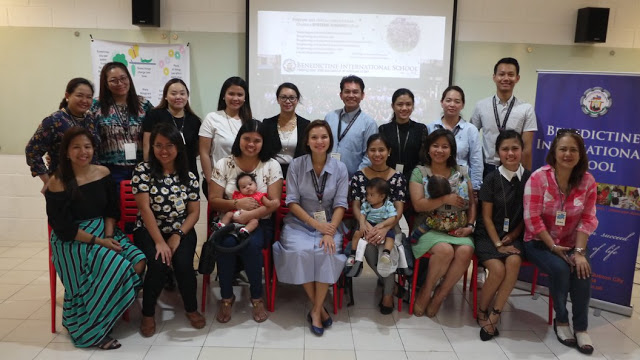 |
| With fellow Mommy Bloggers and the Admin / Faculty of Benedictine International School |
Workshop
The Benedictine team spearheaded group activities that let the blogger moms practice some of the habits of a systems thinker.
Our activities are the following:
- meter our mood
- Two truths and a lie activity – we stated two truths and a lie and the people around us had to guess the latter. The activity employed challenging assumptions that are anchored in the belief system.
- build a free-standing tower using only a set of given materials—20 pcs. of pasta sticks, a tiny roll of masking tape and a yard of yarn. There’s also a marshmallow that should be on top of the tower.
In the activity, participants had to determine first how the tower should look like—the big picture—then figure out a plan to achieve the goal.
with my group mates – Mhonai, Kat, and Eihdra
- read aloud session with the kids
These activities are related to Benedictine’s approach to education, utilizing systems thinking and socio-emotional learning.
School Tour
To complete the first-hand experience, we were taken to a campus tour.
All classrooms in BIS are equipped with LCD projectors, white screen and airconditioned.
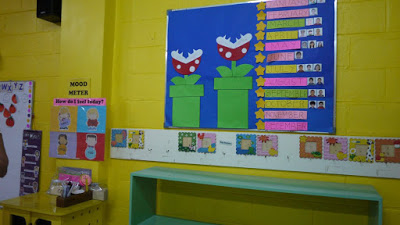 |
| Mood meter board at Kindergarten room |
They also follow the U seating arrangement as it significantly influences learning and encourages discussion between students and with the instructor.
At the end of the event, Mr. Eric Cruz asked us what’s our takeaway in one word. And yes, for me, it’s FUN. Learning more about Systems Thinking is indeed fun.
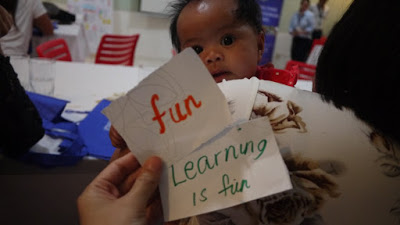 |
| Baby Isabelle in the background..hihi! 🙂 |
If only Benedictine is near our place, I would definitely consider this school for Rylee. I hope they will open a branch here in our area.
Thank you so much Benedictine School for inviting us.
Discover how Benedictine International School can help your child benefit from systems thinking.
Visit their website, www.benedictine.edu.ph, and Facebook page, You may also send an email through inquiry@benedictine.edu.ph or call at (+632) 951-7454 or 951-7154.

